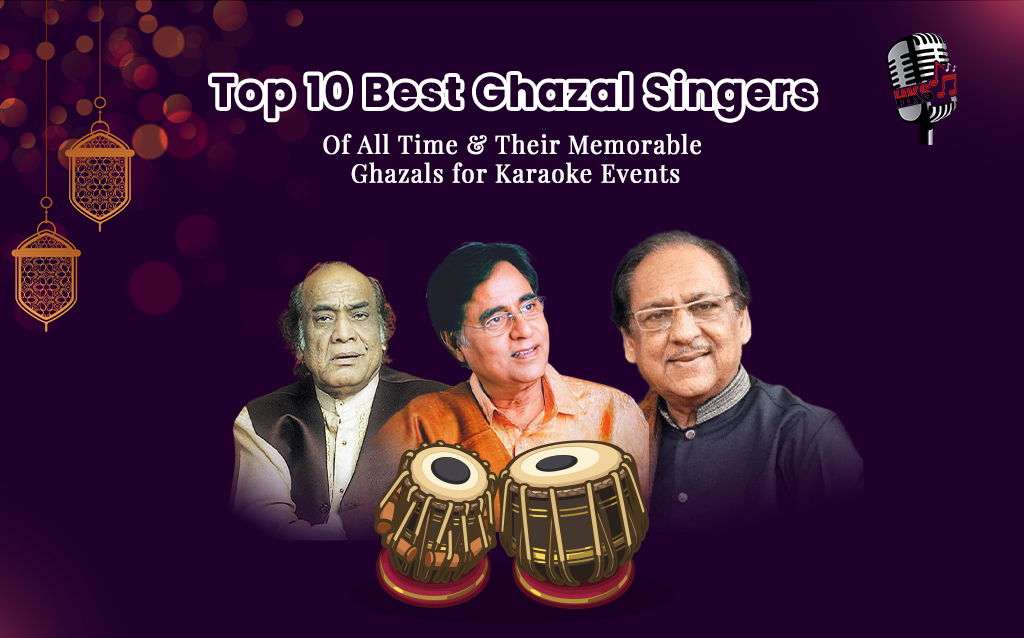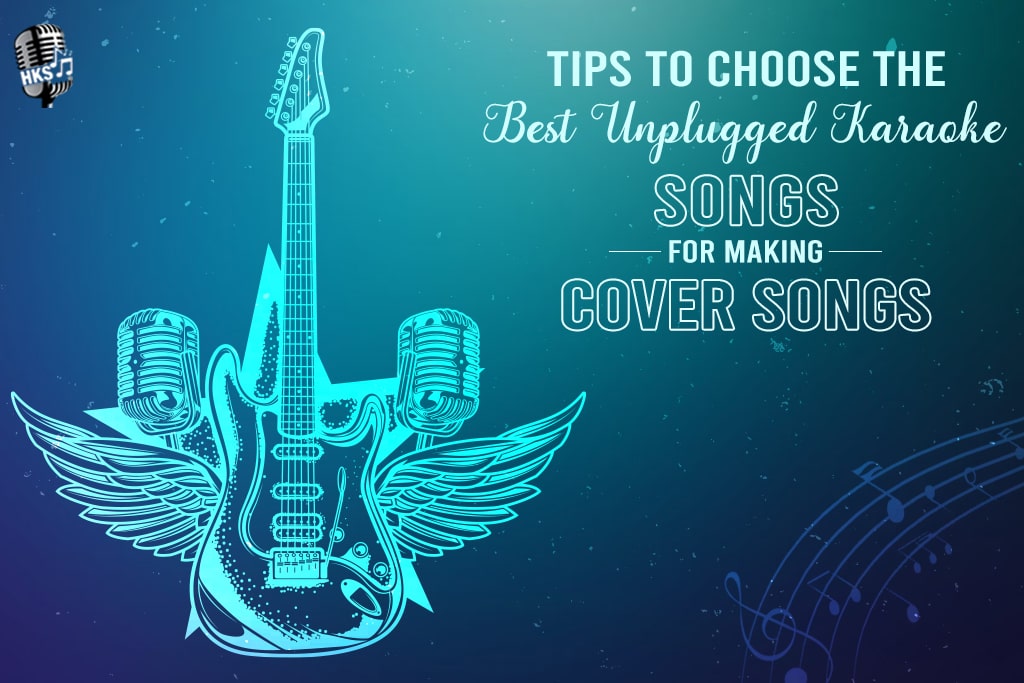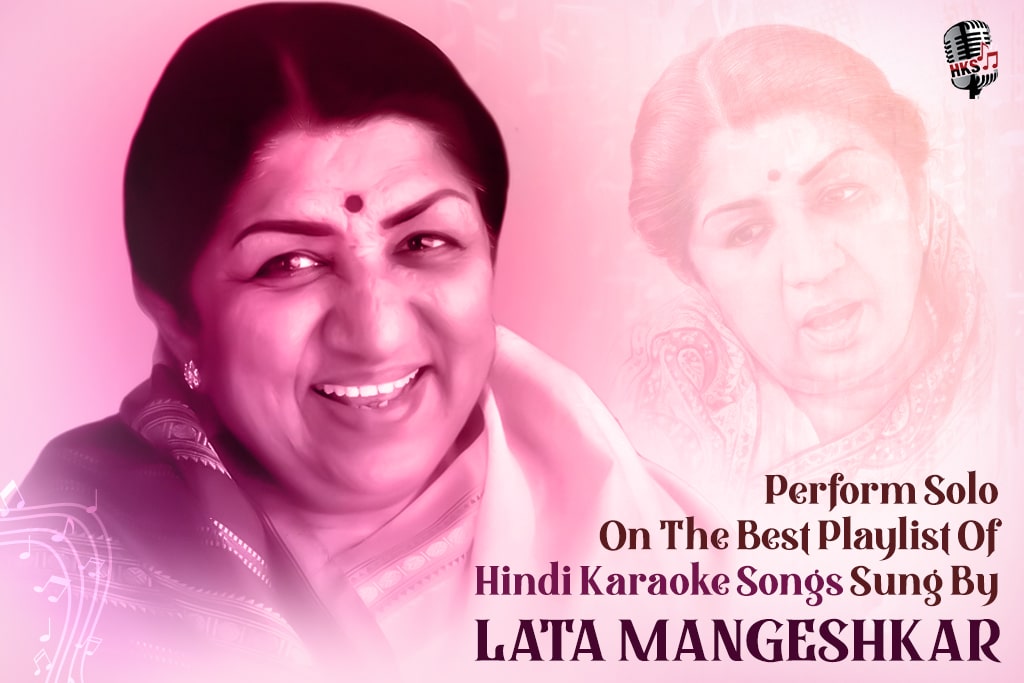Ramzaan Store Wide Sale | 35% Off | USE COUPON CODE - RAMADAN35
Top 10 Best Ghazal Singers Of All Time And Their Memorable Ghazals for Karaoke Events

Introduction:
Ghazals, often described as the soulful melodies of the heart, possess a captivating allure that extends beyond mere entertainment and looks into profound emotion and introspection. Like a river flowing gently through the human experience, ghazals uniquely evoke many feelings, from love and longing to nostalgia and melancholy.
In the world of music, where instant gratification often reigns supreme, ghazals stand out as a timeless treasure, patiently unfolding their beauty to those who take the time to listen. Unlike other genres that demand attention from the outset, ghazals beckon listeners with a subtle charm, gradually drawing them into their intricate fusion of melody and verse.
While ghazals may not appeal to every ear, they hold an irreplaceable significance for those who have fallen under their spell. Dedicated connoisseurs of this art form cherish both the genre and its talented practitioners, finding solace and inspiration in the heartfelt expressions of its singers.
In this homage to the finest ghazal singers, we pay tribute to the artists whose voices have become synonymous with the essence of this timeless tradition. Their performances, like whispered confessions from the depths of the soul, continue to stir our emotions and reignite our passion for the beauty of ghazals.
Mehdi Hassan:
Mehdi Hassan, known as the "King of Ghazal," revolutionized the genre with his velvety voice and unparalleled mastery. Born in 1927 in Rajasthan, India, Hassan's career spanned over five decades, during which he recorded thousands of songs. His voice resonated with the pain of unrequited love and longing, making him a favorite among ghazal enthusiasts worldwide. "Gulon Mein Rang Bhare," "Ranjish Hi Sahi," and "Patta Patta, Boota Boota" are among his most iconic ghazals, each bearing the signature depth and emotion that defined Mehdi Hassan's artistry.
Jagjit Singh:
Jagjit Singh brought a contemporary touch to traditional ghazals, earning him widespread acclaim. Born in 1941 in Rajasthan, India, Singh's soothing voice and innovative style appealed to a younger generation of listeners. His ability to infuse ghazals with modern instrumentation while maintaining their essence captivated audiences worldwide. "Tum Itna Jo Muskura Rahe Ho," "Hoshwalon Ko Khabar Kya," and "Koi Fariyaad" are just a few examples of Jagjit Singh's iconic ghazals, cherished for their timeless appeal and emotional depth.
Ghulam Ali:
Hailing from Pakistan, Ghulam Ali is celebrated for his stirring renditions of classical ghazals, characterized by his rich baritone and impeccable technique. Born in 1940 in Punjab, Pakistan, Ali's contributions to the genre have earned him accolades at home and abroad. His ability to convey complex emotions through his music, particularly in ghazals like "Chupke Chupke Raat Din," "Hungama Hai Kyon Barpa," and "Dil Mein Ek Lehar Si," solidifies his status as one of the greatest ghazal singers of all time.
Farida Khanum:
Farida Khanum, known as the "Queen of Ghazal," is revered for her ethereal voice and passionate renditions of classical ghazals. Born in 1935 in Punjab, British India (now in Pakistan), Khanum's career spans over six decades, during which she has captivated audiences with her timeless melodies. Her rendition of "Aaj Jaane Ki Zid Na Karo" has become an anthem for lovers, while "Wo Ishq Jo Humse Rooth Gaya" and "Mohabbat Karne Wale" showcase her mastery over the genre.
Abida Parveen:
Abida Parveen is often hailed as the "Queen of Sufi Music." She surpasses boundaries with her mesmerizing voice and spiritual interpretations of ghazals. Born in 1954 in Sindh, Pakistan, Parveen's unique blend of classical training and Sufi mysticism has earned her global acclaim. Her rendition of "Yar Ko Hum Ne Jabaja Dekha" embodies the essence of Sufi poetry, while "Tere Ishq Nachaya" and "Aaqa" showcase her versatility and command over the ghazal genre.
Pankaj Udhas:
Pankaj Udhas, known for his soulful voice and romantic ballads, has carved a niche in the world of ghazals. Born in 1951 in Gujarat, India, Udhas rose to fame in the 1980s with his album "Aahat," featuring some of his most iconic ghazals. "Chitthi Aayi Hai, a poignant ode to longing and separation, remains one of his most beloved songs, alongside "Aur Ahista Kijiye Baatein" and "Na Kajre Ki Dhar," which continue to enchant audiences with their timeless appeal.
Talat Aziz:
With his velvet voice and classical training, Talat Aziz is celebrated for his soul-stirring renditions of ghazals. Born in Hyderabad, India, Aziz's musical journey began early, and he got guidance from renowned ustads of classical music. His ghazals, such as "Zindagi Jab Bhi," "Dil Ki Baat Labon Par Laakar," and "Phir Chhidi Raat," showcase his mastery over intricate melodies and poignant lyrics, making him a favorite among ghazal enthusiasts.
Begum Akhtar:
Begum Akhtar, affectionately known as "Malika-e-Ghazal," mesmerized audiences with her soulful voice and passionate renditions of classical ghazals. Born in 1914 in Uttar Pradesh, India, Akhtar's career spanned over four decades, during which she became an icon of Indian classical music. Her ghazals, such as "Aye Mohabbat Tere Anjaam Pe Rona Aaya," "Wo Jo Hum Mein Tum Mein Qarar Tha," and "Mere Humnafas Mere Humnawa," continue to evoke nostalgia and longing, cementing her legacy as one of the greatest ghazal singers of all time.
Munni Begum:
With her soulful voice and passionate renditions, Munni Begum has carved a niche for herself in the world of ghazals. Born in Punjab, Pakistan, Begum's musical journey began with early guidance from her passion for poetry and music. Her ghazals, such as "Ae Mohabbat Tere Anjaam Pe," "Ek Bar Muskura Do," and "Rafta Rafta Woh Meri Hasti Ka," showcase her ability to convey complex emotions with ease, making her a favorite among ghazal enthusiasts.
Anup Jalota:
Anup Jalota, known as the "Bhajan Samrat," has also made significant contributions to the world of ghazals with his soulful renditions and devotional fervor. Born in 1953 in Uttar Pradesh, India, Jalota's melodious voice and spiritual interpretations have earned him a dedicated fan base worldwide. While he is predominantly known for his bhajans, Jalota's ghazals, such as "Main Nahi Makhan Khayo," "Jag Mein Sundar Hain Do Naam," and "Chaand Angdaiyaan Le Raha Hai," showcase his versatility and command over diverse musical genres.
Exploring the Ghazal Genre:
Ghazal, derived from the Arabic word "to talk amorously," is a poetic form with roots in Persian and Arabic literature. It gained prominence in South Asia during the medieval period, flourishing under the patronage of Mughal emperors and Persian-influenced courts. Ghazals typically explore themes of love, loss, mysticism, and spirituality, conveyed through intricate rhyme schemes and evocative imagery.
The ghazal genre found its musical expression through the ghazal singers, who skillfully set these poetic verses to melody. Over the centuries, ghazal singing has evolved into a refined art form, blending elements of classical music with regional musical traditions to create a distinct style that resonates with audiences worldwide.
Cultural Appreciation and Connection:
Ghazal karaoke events bridge cultures, allowing participants from diverse backgrounds to immerse themselves in South Asia's rich musical heritage. Through the universal language of music, individuals gain a deeper understanding and appreciation of the cultural nuances embedded within ghazal poetry and melody.
For those unfamiliar with South Asian music traditions, ghazal karaoke provides an entry point into a world of beauty and complexity. Participants can explore the intricate rhythms, melodic patterns, and poetic expressions unique to ghazal singing, fostering cross-cultural understanding and empathy.
Moreover, ghazal karaoke events often feature diverse songs spanning different languages, regions, and historical periods. This eclectic mix exposes participants to the rich diversity of South Asian musical traditions, showcasing the evolution and fusion of various influences over time.
Where can you find high-quality karaoke tracks by these Ghazal singers?
One reliable platform for finding high-quality karaoke tracks by these ghazal singers is "Hindi Karaoke Shop."
Hindi Karaoke Shop provides diverse karaoke tracks across various genres, including ghazals, Bollywood songs, regional Indian music, and more. Our collection encompasses both classic and contemporary ghazals performed by renowned artists, ensuring a comprehensive selection for enthusiasts.
The tracks on Hindi Karaoke Shop are professionally produced, ensuring high-quality audio and accurate musical arrangements. This allows singers to enjoy an authentic karaoke experience and showcase their talent effectively.
We offer convenient options for purchasing and downloading karaoke tracks, making it easy for users to access their favorite ghazal songs anytime, anywhere. Whether you're preparing for a karaoke event, practicing at home, or recording professional covers, we provide the necessary resources for singers to shine.
With our commitment to quality and extensive catalog of ghazal karaoke tracks, Hindi Karaoke Shop stands out as a reliable destination for enthusiasts exploring the enchanting world of ghazal music through karaoke.
Famous Ghazal Karaoke for Performing in Events:
"Tum Itna Jo Muskura Rahe Ho karaoke" by Jagjit Singh
"Chupke Chupke Raat Din karaoke" by Ghulam Ali
"Aaj Jaane Ki Zid Na Karo karaoke" by Farida Khanum
"Yar Ko Hum Ne Jabaja Dekha karaoke" by Abida Parveen
"Chitthi Aayi Hai karaoke" by Pankaj Udhas
"Zindagi Jab Bhi karaoke" by Talat Aziz
"Aye Mohabbat Tere Anjaam Pe Rona Aaya karaoke" by Begum Akhtar
"Main Nahi Makhan Khayo karaoke" by Anup Jalota
"Gulon Mein Rang Bhare karaoke" by Mehdi Hassan
Conclusion:
The legacy of these top 10 ghazal singers transcends time and space, leaving an indelible mark on the world of music. From Mehdi Hassan's soulful renditions to Jagjit Singh's modern interpretations, each artist has contributed to the richness and diversity of the ghazal genre. As singers gather for karaoke events, they have a plethora of iconic ghazals to choose from, each offering a unique opportunity to express their deepest emotions through music. Whether love, longing, spirituality, or devotion, these ghazals provide a timeless soundtrack for every karaoke enthusiast to explore and enjoy

.jpg)





